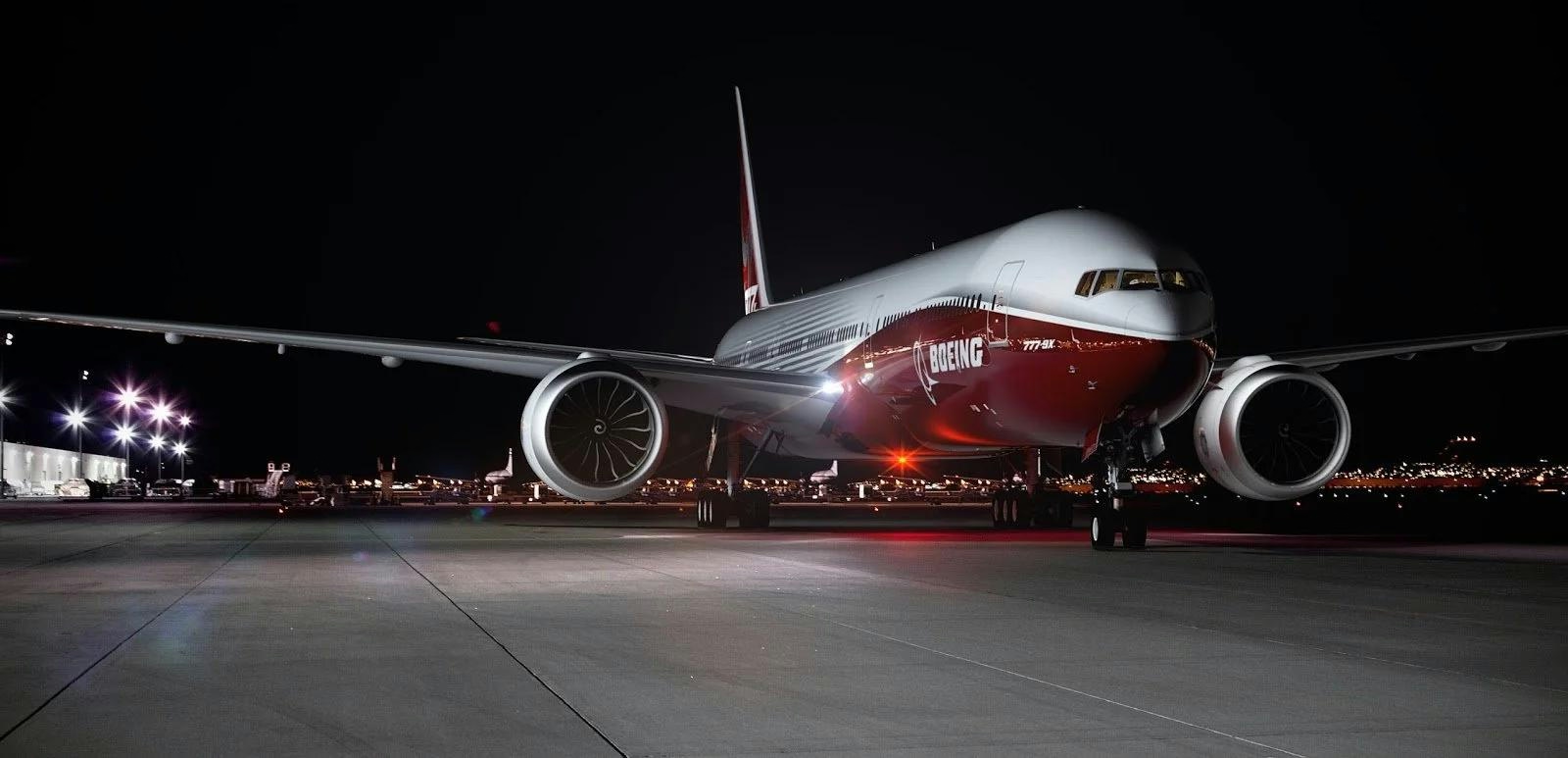エアロジニー — あなたのインテリジェントな副操縦士。
現在のトレンド
Categories
5 Ways The Boeing 777X Will Change Aviation Forever

The Boeing 777X: A New Era in Long-Haul Aviation
The Boeing 777X marks a significant advancement in widebody aircraft design, poised to redefine long-haul air travel for both airlines and passengers. Developed as the successor to the widely used 777-300ER, the 777X incorporates cutting-edge technology and enhanced efficiency to serve high-capacity trunk routes as well as ultra-long-range missions. Offered in two variants—the 777-9 and the 777-8—the aircraft promises reduced fuel consumption, increased seating capacity, and a range of innovations that could reshape the future of commercial aviation.
Innovations in Design and Passenger Experience
One of the most notable features of the 777X is its carbon-fiber composite wings equipped with folding wingtips. This design achieves a high-aspect-ratio wing that improves cruise efficiency and extends range, while the folding tips enable the aircraft to fit within the dimensions of standard Code-E gates. This capability is particularly advantageous at slot-constrained airports such as London Heathrow, where expanding gate infrastructure is both costly and logistically challenging. By allowing larger, more efficient aircraft to operate without necessitating expensive airport modifications, Boeing sets a new benchmark for future widebody aircraft.
The cabin experience of the 777X draws heavily from the innovations introduced with the Boeing 787. Passengers benefit from larger windows, enhanced pressurization and humidity control, and a wider fuselage that supports competitive business class configurations. The 777-9 variant accommodates between 380 and 420 passengers in a three-class layout, with a range of approximately 7,200 to 7,300 nautical miles. The 777-8 is designed for ultra-long-haul routes, seating around 350 passengers and capable of flying up to 8,700 nautical miles.
Engine Technology and Operational Advantages
Powering the 777X are the GE9X engines, the largest ever deployed in commercial aviation. These engines deliver exceptional fuel efficiency and reduced emissions, contributing to lower operating costs and supporting airlines’ sustainability objectives. The combination of advanced aerodynamics and powerful engines enhances the aircraft’s overall performance and environmental profile.
Operational flexibility is another key advantage of the 777X. Its innovative wing design and high passenger capacity enable airlines to optimize long-haul route economics without triggering costly infrastructure upgrades. This flexibility is especially valuable at congested hub airports where landing slots are limited and expensive. The aircraft’s appeal is reflected in substantial orders from major carriers including Emirates, Qatar Airways, Lufthansa, British Airways, Cathay Pacific, ANA, Etihad, and Singapore Airlines.
Market Challenges and Industry Context
Despite its promising features, the 777X program has encountered significant challenges. Certification delays, acknowledged by Boeing’s CEO Kelly Ortberg, have caused frustration among key customers such as Emirates and have led to skepticism within the airline community. These setbacks have provided an opening for competitors, notably Airbus, to promote their own widebody aircraft to airlines seeking alternatives. Furthermore, ongoing supply-chain disruptions, as highlighted by executives from Dassault Falcon Jet and Embraer Executive Jets, continue to impact the introduction of new aircraft models across the industry.
The Boeing 777X stands at the forefront of transforming long-haul aviation through its blend of efficiency, capacity, and technological innovation. Its ultimate influence will depend not only on its engineering achievements but also on Boeing’s ability to overcome certification hurdles and adapt to evolving market conditions in a rapidly changing global aviation landscape.

Emirates Unveils Cabin Design for New Boeing 777X

Eighteen Years On, the Airbus A380 Remains Central to a $34 Billion Airline

How a boom in luxury airline seats is slowing down jet deliveries

Navitaire Outage Attributed to Planned Maintenance

Airbus Plans Record Delivery of 870 Aircraft in 2026

DigiYatra Debuts Outside Aviation at India AI Impact Summit

Vietnam Orders Strengthen Boeing’s Commercial Outlook

Airbus Signals Uncertainty Over Future A400M Orders

JobsOhio Awards $2 Million Grant to Hartzell Propeller for Innovation Center

Collins Aerospace Tests Sidekick Autonomy Software on YFQ-42A for U.S. Air Force CCA Program
